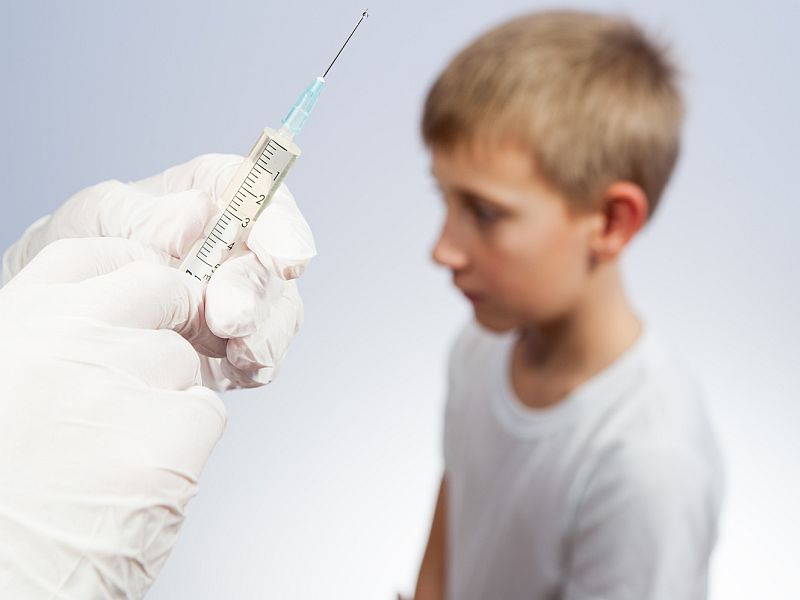WEDNESDAY, April 26, 2017 (HealthDay News) — Vaccines prevent serious infections so effectively that many parents mistakenly believe the diseases are no longer a threat in the United States, a pediatrician warns.
“Many children have died from diseases that vaccines now prevent,” said Dr. Lauren Snabb. “These include whooping cough, measles and polio. Germs that lead to these deadly conditions still exist today, but because most babies are routinely protected by vaccines, we don’t see these diseases nearly as often in [the United States].”
Snabb is a staff pediatrician at DMC’s Children’s Hospital of Michigan, in Detroit.
“When parents choose to leave their child unimmunized, this will not only place that child at risk of acquiring deadly diseases, it can endanger the lives of other children as well,” she explained in a hospital news release.
Since the introduction of vaccines in the United States, infant deaths and disabilities from 14 diseases have declined dramatically, according to the U.S. Centers for Disease Control and Prevention. For example, the CDC noted that nearly all kids got measles in the 1950s. Today, many U.S. doctors have never seen this viral illness.
Vaccines save about 42,000 U.S. lives each year, and $13.5 billion in direct medical costs, Snabb said. However, vaccine-preventable diseases are still a threat to children who are not immunized, she said.
In 2014, over 660 cases of measles were reported in 27 states — the most since the disease was declared eliminated in the United States in 2000, according to the CDC.
Outbreaks of measles and other preventable diseases occur when parents refuse to vaccinate their children, Snabb said. She suggested that parents should discuss any concerns with their child’s pediatrician.
Snabb said scientists, doctors and the federal government thoroughly study vaccines to ensure they are not risky or harmful. The American Academy of Pediatrics, the American Academy of Family Physicians and the CDC all urge parents to have their children vaccinated.
More information
The U.S. Centers for Disease Control and Prevention has more about vaccines.
Copyright © 2026 HealthDay. All rights reserved.

